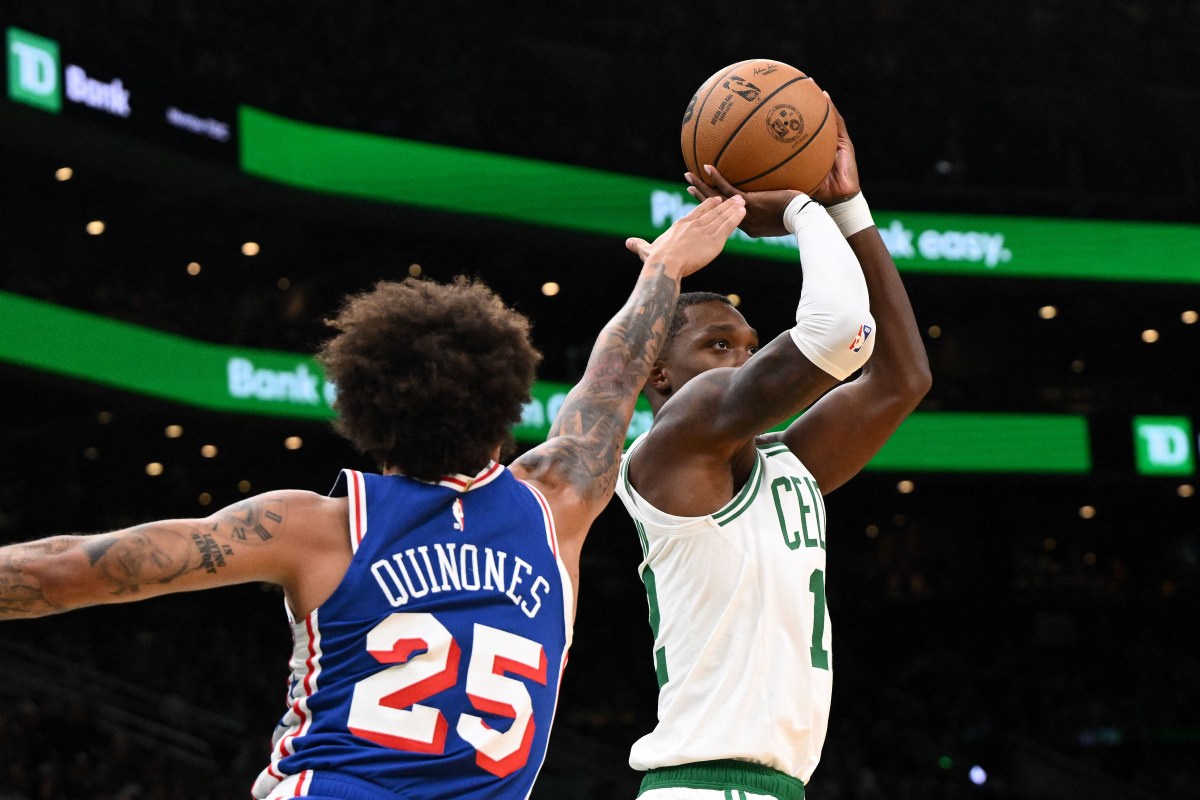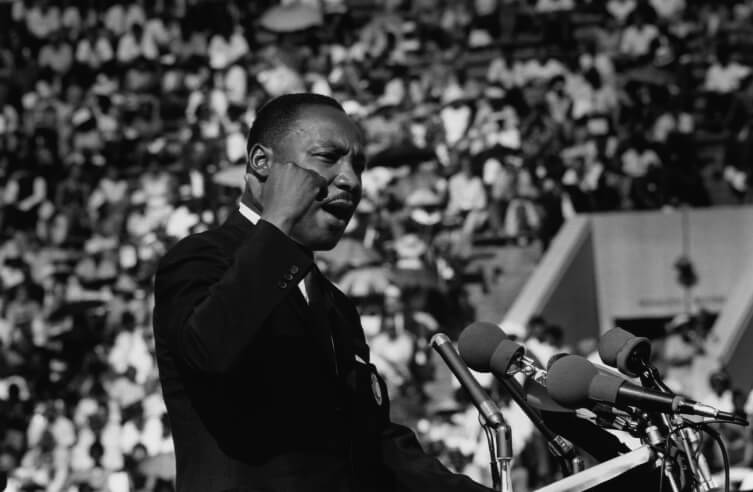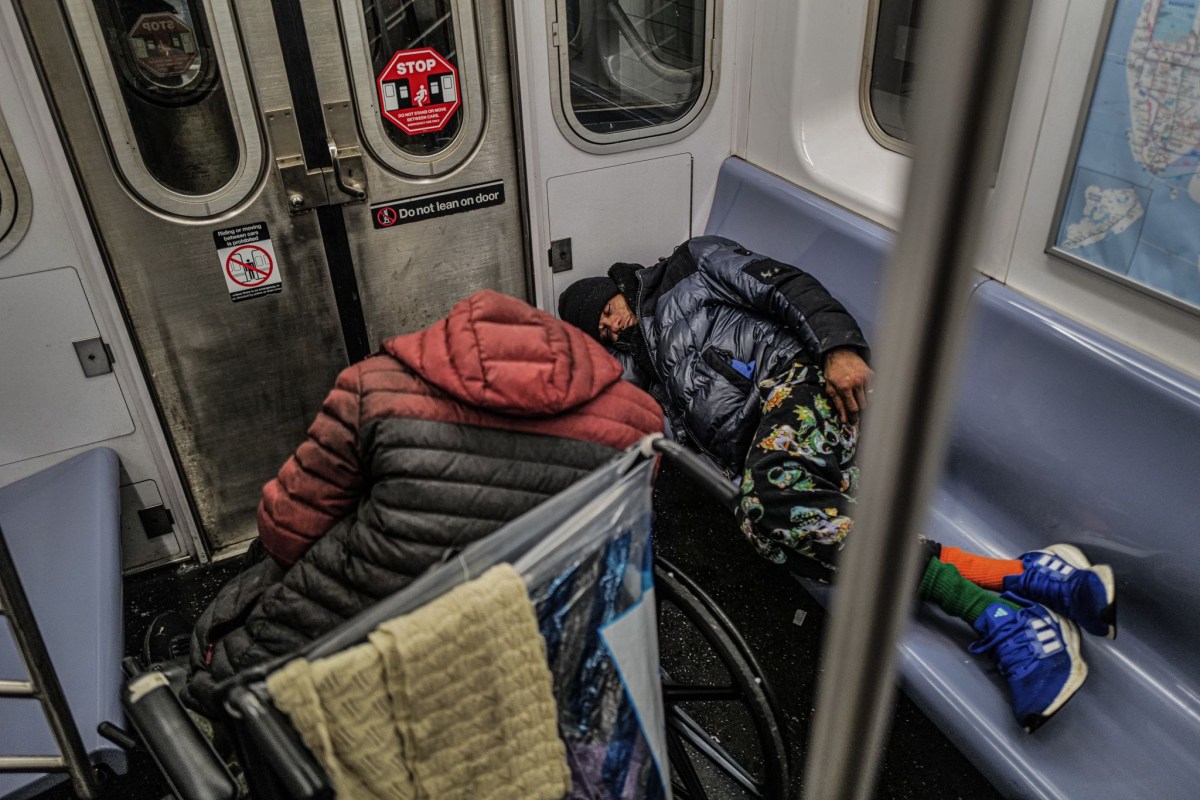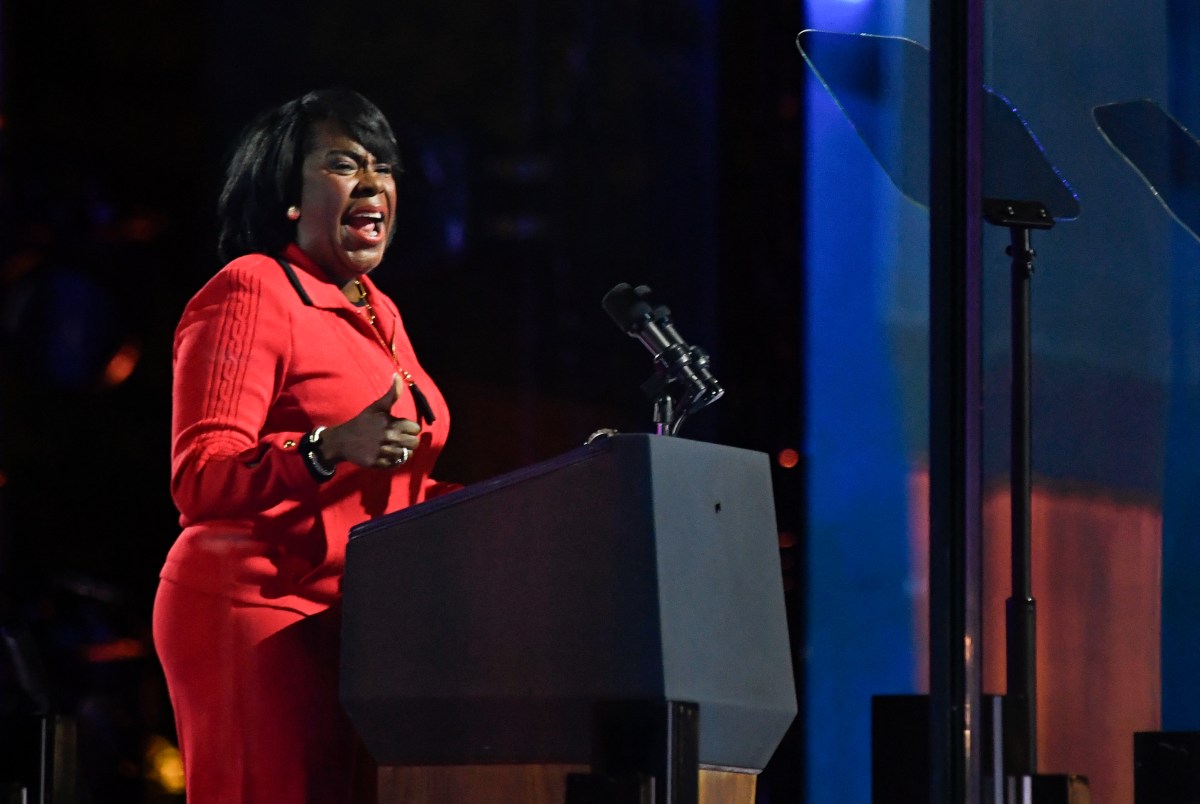Kurt Russell has a catchphrase he just made up about New Orleans: “You just sort of embrace the alligator of it all,” he says. It’s a phrase this writer has never heard before, probably because no one’s ever said it. (We Googled it.) But Russell is coining it. “I don’t know if it makes any sense at all,” Russell tells us. “But it sums up New Orleans for me: You just have to embrace the alligator of it all. Then you’re OK with New Orleans.” The legendary actor, 65, is down there to promote “Deepwater Horizon,” near where the incident in the film — the 2010 BP oil rig explosion and subsequent polluting of the Gulf — took place. In the movie, by “Lone Survivor” director Peter Berg and starring Mark Wahlberg, he plays Mr. Jimmy, the rig manager who attempts to avert the disaster before it happens, then tries to survive as he and his crew are engulfed in flames. We chatted with Russell about finally getting to act (for about five seconds) with his step-daughter Kate Hudson, not condescending to the working class and, of course, mustaches. (He has a fine one in “Deepwater Horizon.”) I spent most of the movie expecting you and your daughter wouldn’t get to share a scene, because she plays Mark Wahlberg’s at-home wife and you’re mostly on the rig. But you get to hug at the end. You almost got her a role in “Escape from L.A.,” I heard. I feel like, while you have a certain persona, within that you’ve had a broad range of characters that really defies limitations. Mr. Jimmy in “Deepwater Horizon” is one of your more noble characters. RELATED: Interview: Kate Hudson talks about being a mess after watching “Deepwater Horizon” I like movies about salt-of-the-earth types, because I don’t really know many of them. That seems to happen a lot in Hollywood. Peter Berg seems to be the rare Hollywood director who doesn’t do that. You’re also playing a real person, which adds a whole other dimension. Who on earth could play you in “The Kurt Russell Story?” Chris Pratt, maybe? What about when you were playing Elvis Presley in John Carpenter’s “Elvis” TV movie? This is another movie where you’re involved with lots of blazing fire. When you did “Backdraft,” you told reporters a lot of the fires and your stunt work were real. That sounds horrifying. I should ask about your mustache here. You’ve been doing them a lot recently. It seems like this run of mustaches started with “Bone Tomahawk,” which is a more modest mustache than that huge one you have in “The Hateful Eight.” You could always do a fake one, you know? Was the one in “Tombstone,” which is also really impressive, real? I briefly wanted to talk about Westerns, because you’ve been in a lot of them. I’m just glad Westerns are back. Follow Matt Prigge on Twitter @mattprigge
That was her first opportunity. Because we’d been very careful, Goldie and I, about holding her back. We didn’t want her to get going at 14, 15. Then she was closing in on 17. And John Carpenter wanted her to play this part. She read it and she was great. She was right for it. But then after discussing it more, she decided maybe that was not the way to begin — in a movie I was starring in. So she turned down her first role. [Laughs]
Yeah, this guy’s one of those quiet, noble types. Recently I’ve had the fun of doing “Fast and Furious.” The character I get to play is slicked-back hair, cool guy, wears a suit, maybe CIA, maybe on his own, maybe he’s a good guy, maybe he’s not. And then there’s “Hateful Eight,” where the guy’s just a bombast thrown into a room. And this guy is the opposite. He’s a real person. Kind of quiet, has that easy sense of authority, real authority. And when the s—t hits the fan, he’s just got to deal. He becomes a centerpiece of emotionality. Like, ‘Jesus, is this guy even going to make it?’ As an actor you get to play all these different things. Like they say, it’s great work if you can get it.
Me too. I know what you mean. Especially when they don’t talk down to them. I don’t like it when they talk down to them. I’ve sometimes started to be involved in projects where they did that, and I said, “I’m out. I don’t want to be part of your inherent need to talk down to the rest of the country. If [the characters] aren’t from New York or Los Angeles or San Francisco or Chicago, you have an inherent need to talk down to them. And I can’t be a part of that.”
As much as I enjoy their company, in terms of working with them as actors and directors, so many people in Hollywood do that in conversation. They talk about people as if they’re country bumpkins and don’t know a f—king thing. They can’t appreciate a more humble sophistication. It’s just impossible.
I know that when I was working with Mike Nichols on “Silkwood,” that was one of his big things, too. The biggest thing for us was to just be those people, don’t condescend. At the time I was so naturally not concerned with that that I didn’t realize what Mike was talking about. Then I realized later on in life that that’s the tendency of a lot of people he was around: They would condescend. He looked at me and said, “You’re not going to have a problem with that.” [Laughs]
I always look at it from the point of view of if someone was going to play me. I’d want them to be me. I wouldn’t want them to do their own version of what they thought I was, just off the script, going, “Oh yeah, he’s kind of a loose and crazy guy!”
[Laughs hard]
When you have a real person you have parameters. When you have a famous person that everyone knows, now the parameters become very finite. It’s your job to go right up against the edges of those parameters. In that case, I worked with Elvis when I was 10, 11 years old [in the 1963 Elvis movie “It Happened at the World’s Fair”]. I remember him distinctly, because I worked with him for two weeks on the movie and most of it was with him. I saw him off-camera a lot. What’s weird for me is to look at it now: I was 10 when I worked with him, and he was 27. And I was 27 when I played him.
That’s what they did: They set the room on fire and we’d go in and put it out. That was the special effect.
Well, it sounds that way, but we’d been working for three or four weeks with real guys. We knew how to put a fire out. We felt pretty confident with each other — sometimes a little too confident. [Laughs] But everything worked out. The stunt guys insisted myself and Billy Baldwin and Scott Glenn [his costars] were billed for the stunts. They said that was the first time that’s happened: that a stunt man had insisted the actors be included in the credits as stunt men. It made us feel proud and very close to the stunt guys. But when you say things like that it comes across like that means more to you than what you do as an actor. And that’s never the case. You want to do as much as you can to tell the story as best as you can. That’s it.
Yeah, I thought the same thing. It just happened that way. My favorite one in terms of [facial hair] is what I got to do for [the next] “Guardians of the Galaxy.” It’s a beard. It’s a very cool beard. It’s kind of a Moses thing. He goes to a planet where he can be anything he wants to be. And this is what he’s chosen. I like that. This is what he wants to look like. [Laughs]
That was originally going to be a tight piece of work, almost a doctor look. Then “The Hateful Eight” came about, and I was like, “I should work my way towards what I need for ‘Hateful Eight.’” So I came up with this look for “Bone Tomahawk,” which wasn’t long and it wasn’t full. It started me on the path. Then “Hateful Eight,” that’s a mustache wearing a man. I loved that. Then right after “Hateful Eight” was this. I looked at [the real] Mr. Jimmy, who had this tight, white Fu Manchu thing.
I’m actually thinking about doing that for a different project. And the fake ones look good. With mustaches, I hate them for my life but I love them when I’m working.
Oh yeah, every one I’ve done so far is real. [Laughs]
The one we’re talking about [“Barbary Coast,” which would be a Mel Gibson-helmed TV show, also featuring Kate Hudson] is a period piece. It’s early, early San Francisco — 1830s, ’40s, ’50s. So it would actually be pre-cowboy, then into cowboy. I’m still wondering if I’m going to grow [a mustache] for that.
You know, it’s OK if you tell a story in that time period now. [Laughs]
Kurt Russell talks ‘Deepwater Horizon,’ Elvis and mustaches
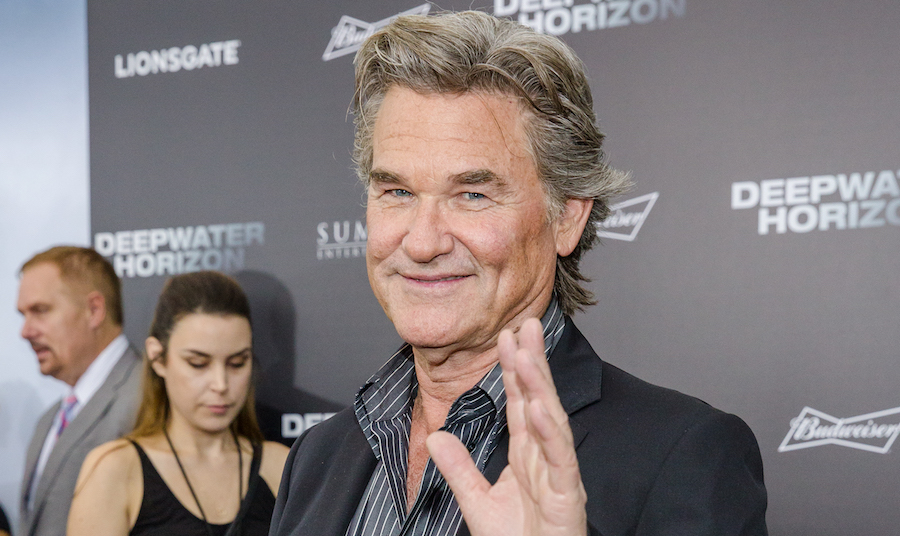
Getty Images












